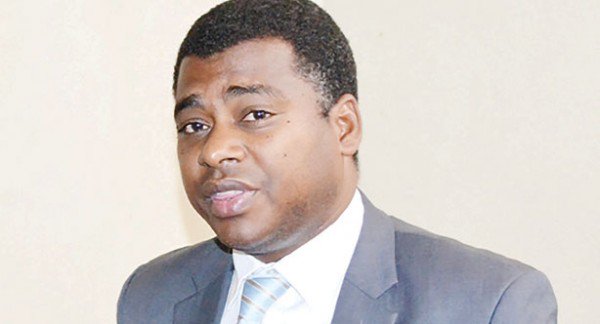
Mining & Trade News
Malawi Online News
Top Stories
Transport
Malawi introduces new public transport regulations over COVID-19 fears
March 30, 2020 / Tawonga Nyirenda Mayuni

Malawi’s Ministry of Transport and Public Works has issued new regulations on public transportation as one way of preventing the spread of the global coronavirus pandemic.
This development comes barely a week after the Malawi government declared a national state of disaster and banned gatherings of more than 100 people.
The Ministry has set out some limitations and directives to public transportation on water, rail, road and air.
On rail transport, the Ministry has limited the number of passengers in the economy class section from 90 to 40 and from 52 to 28 passengers for the business class. Road transportation service providers have been directed to reduce the number of passengers to 60 % and water vessels are to reduce passenger capacity to 50%.
According to the press release signed by the Minister of Transport and Public Works Ralph Jooma, all international flights are suspended effective April 1, 2020.
“All international flights are suspended effective 1st April 2020 except for those aircrafts carrying health personnel, essential health equipment, emergency relief items, returning residents and cargo,” reads the press release
All public transportation service providers have since been directed to disinfect their cars and vessels before the commencement of any trip and to make sure that passengers wash hands before boarding a ship, bus or train.
The Ministry has further directed public transport service providers to have all their crew wear protective face masks and not to allow passengers carry any animals on any public vehicles.
Meanwhile, the ministry has also said that no public transportation service provider should allow any passenger showing general symptoms of COVID-19.
“Those with common flu and showing general symptoms of COVID-19 should not be allowed to use any public transport service,” says Jooma.
He says government inspectors have been deployed to enforce the implementation of the measures.































